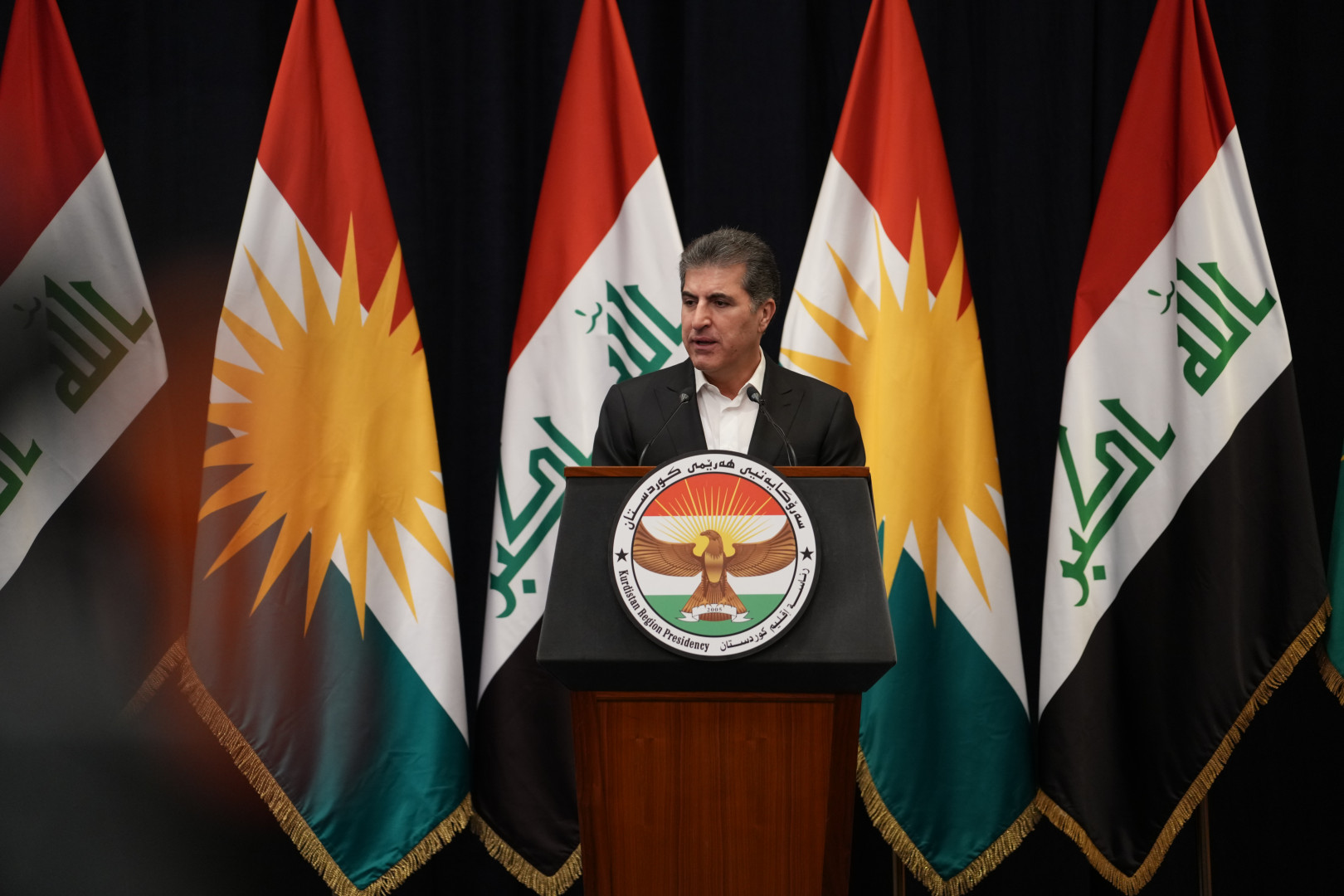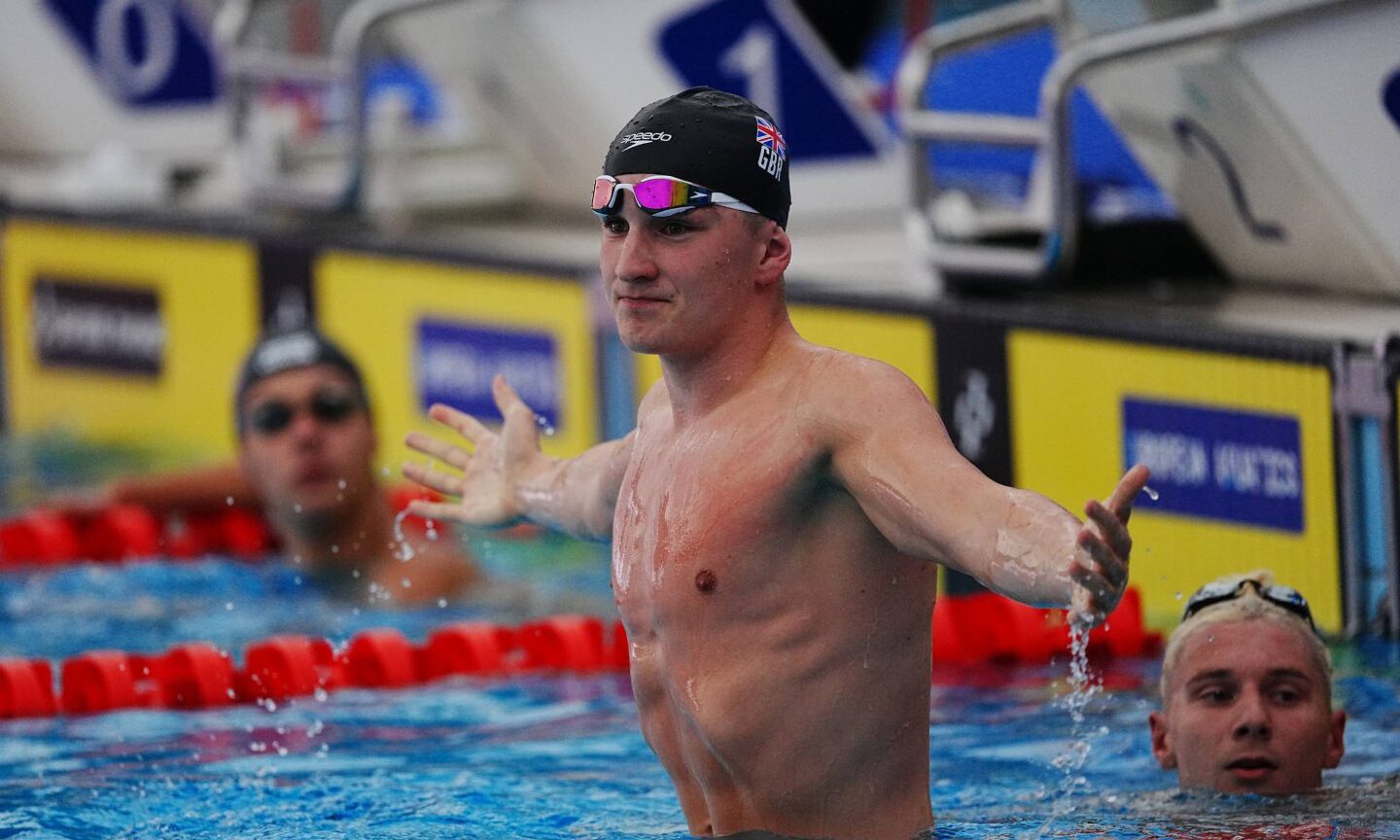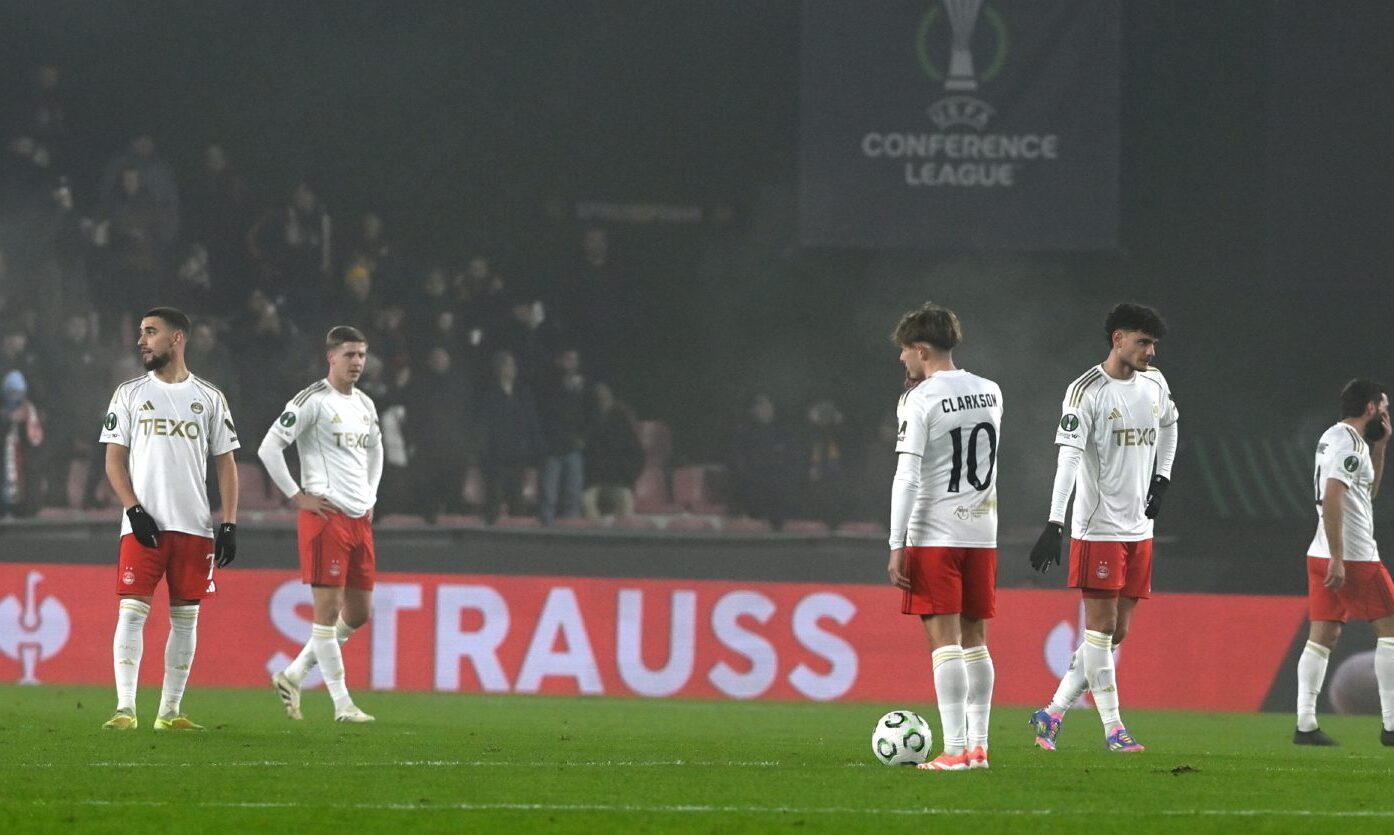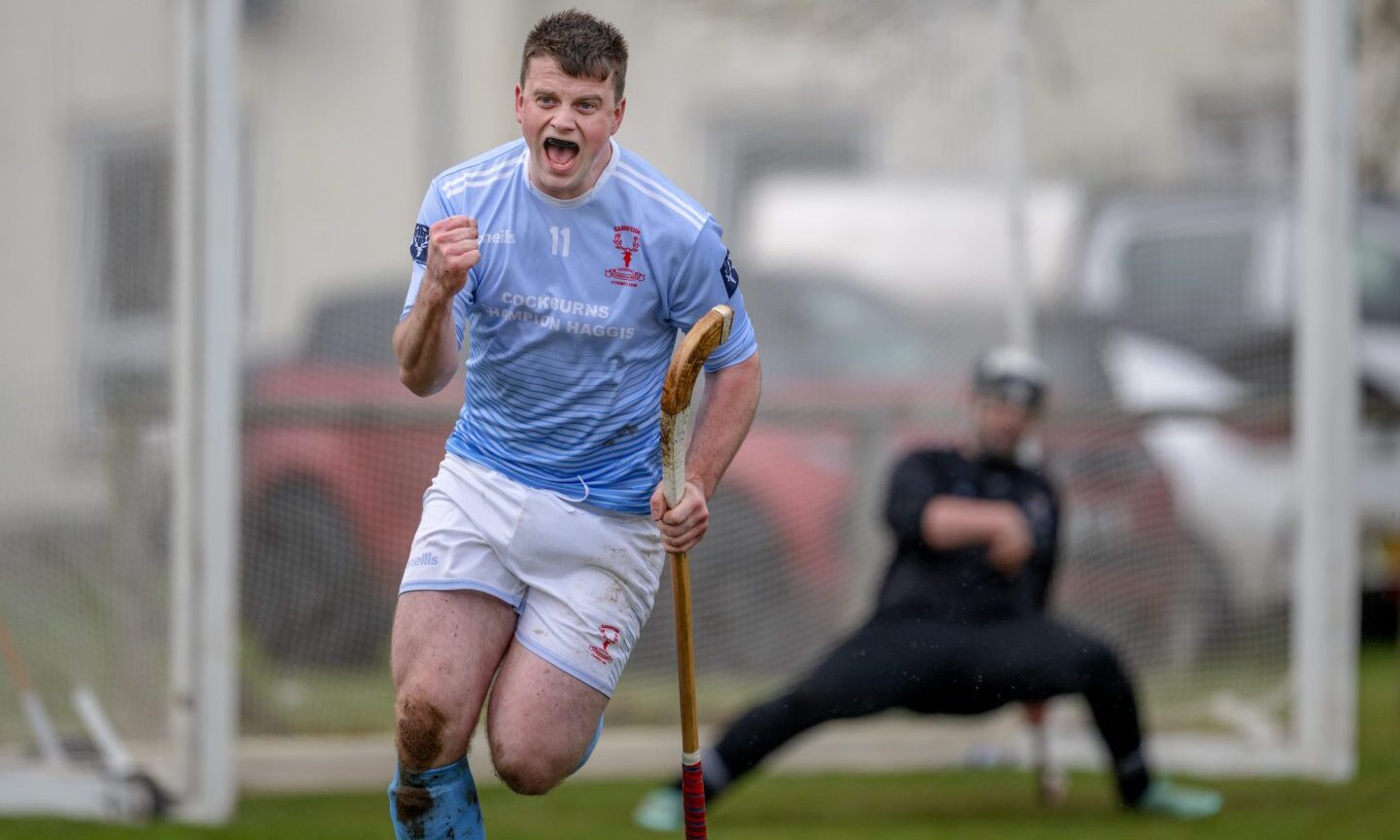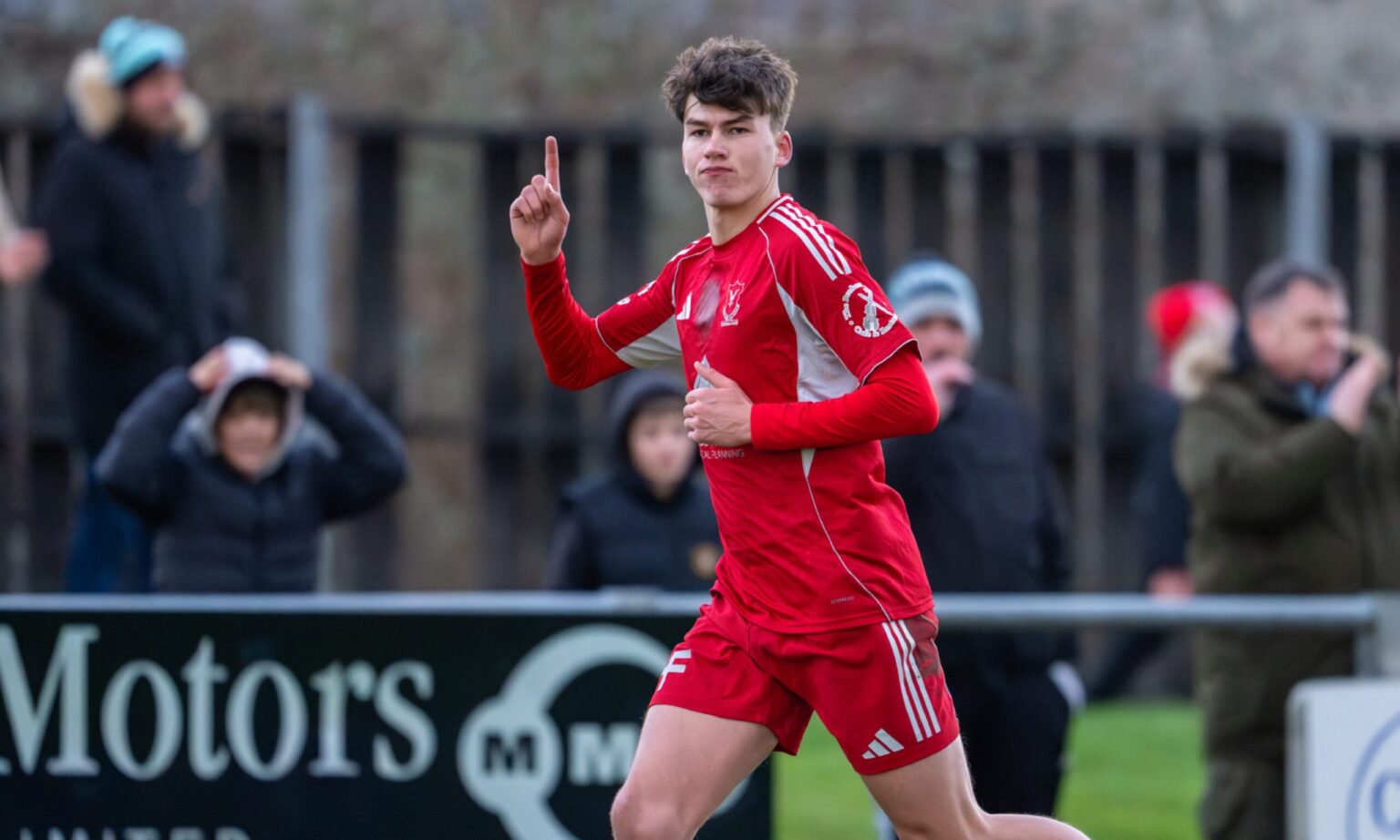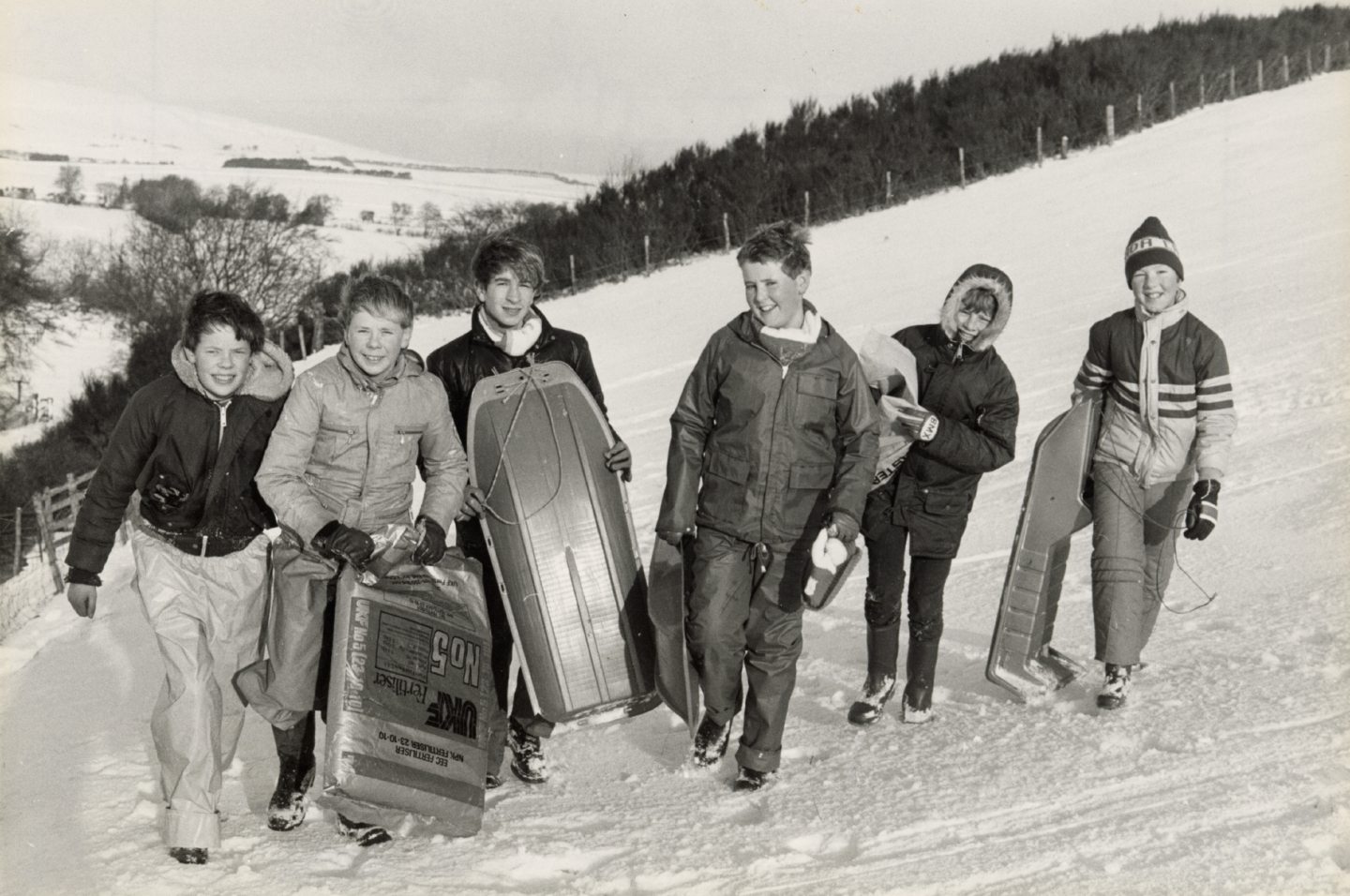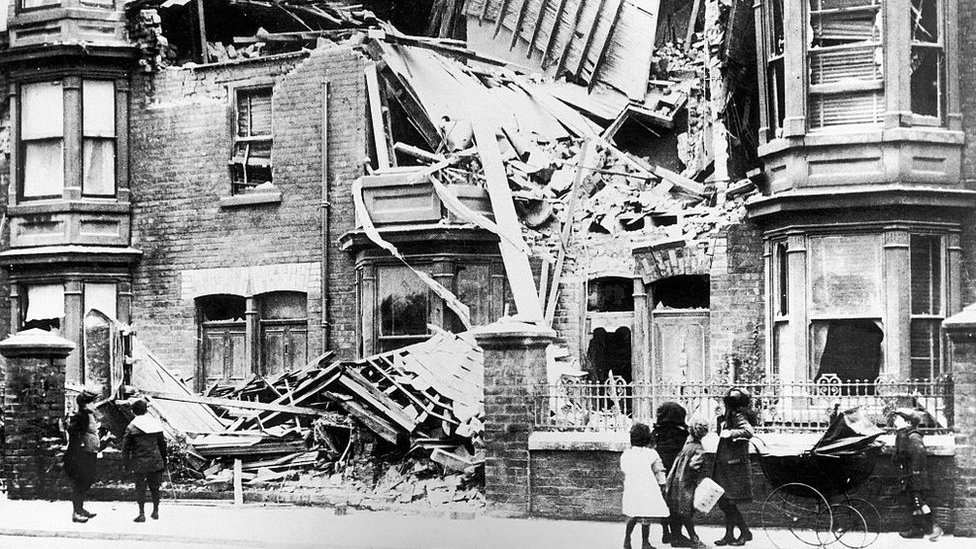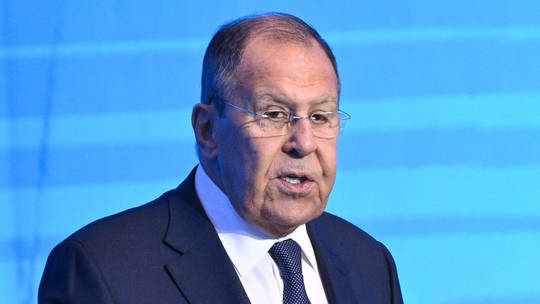Joburg water crisis disrupts schools, imperils health, fuels crime, say protesters
From Thembelihle to Soweto, residents say Johannesburg’s prolonged water outages are crippling schools, threatening public health and exposing communities to crime. Civil society groups are demanding urgent action and accountability as frustration with the City deepens.

Frustrated residents from across Johannesburg braved the rain and filled the square outside the Johannesburg Council Chambers on Saturday, 1 November, turning the area into a sea of placards calling on the City to fix the metro’s prolonged water crisis.
“They say education is a key, but how will our children get these keys if they go to school at eight but leave at 10 because there is no water? How will we maintain our health because we can’t even wash our hands, even though they tell us to do this time and time again?” said Simphiwe Zwane from Thembelihle, a settlement on the outskirts of Johannesburg hit by persistent water problems.
Zwane’s statement highlights the knock-on effect Joburg’s water crisis has on residents’ lives, impeding not only access to water, but access to other constitutional rights.
Her experience was echoed by a Soweto resident who said that for six months her children had been let out of school at 10am because there was no water.
“We can’t even use the toilets. Grandmothers who are on medication can’t even take their pills because the water tanks don’t reach us. Our lives are in danger,” she said.
Obakeng Kgatshe from the Ahmed Kathrada Foundation’s youth programme echoed the concerns of the frustrated mothers, adding that children have been affected the most by the water crisis.

Protesters outside the Johannesburg Council Chambers on 1 November 2025. (Photo: Gallo Images / Fani Mahuntsi)

Johannesburg mayor Dada Morero speaks during the water crisis protest outside the Johannesburg Council Chambers on 1 November 2025. (Photo: Gallo Images / Fani Mahuntsi)
“This crisis is disrupting schools in an already fragile education system. It’s exposing us to mafias who are using our resources to enrich themselves. May they know that we are not afraid of them,” Kgatshe said.
Zwane added that the water crisis has also made Thembelihle residents vulnerable to crime. She said she had to leave her house at 2am to collect water, making her an easy target for opportunistic criminals.

Johannesburg residents gather the outside Johannesburg Council Chambers on 1 November 2025 to demanded urgent action to end the city’s water crisis. (Photo: Gallo Images / Fani Mahuntsi)

Johannesburg residents protest against the city’s water ‘emergency’. (Photo: Gallo Images / Fani Mahuntsi)
“We are robbed, our belongings are taken, all because we have to hunt for water in the dark. Mayor, I am saying to you, I want you and your people to come to the ground and experience what we are going through. We want answers, and we want solutions,” Zwane said.
For WaterCAN executive director Ferrial Adam, the testimonies highlighted exactly why the Joburg Crisis Alliance, a coalition of civil society organisations, organised the protest.
“We are gathered here because the systems that are supposed to serve us are broken. We are tired of living with a dysfunctional government that blames everything on everyone instead of fixing the issues,” Adam said.
What the Joburg Crisis Alliance is calling for:
- Ringfencing water and sanitation infrastructure funding by December 2025;
- Restoring and protecting Johannesburg Water’s full budget;
- Implementing and publicly tracking infrastructure repair and expansion projects;
- Improving response times and service quality;
- Reviewing of the billing system and an investigation into water billing when residents do not receive the service;
- Establishing independent oversight and civil society participation on all water affairs in Johannesburg;
- Ensuring transparency and oversight of water tanker use;
- Strengthening governance and accountability of Johannesburg Water’s board; and
- National and provincial support to address the emergency.
“Our hospitals, our schools, our businesses are struggling to operate without water. We are not just speaking about water, we are speaking about power, accountability and the right to dignity,” said Adam.
Morero’s lack of response
Adam told the gathered protesters that the Joburg Crisis Alliance expected Morero to respond to the demands in the memorandum his office received two weeks before.
To the residents’ discontent, Morero did not respond to the concerns raised, taking the podium to congratulate the protesters for exercising their democratic right and detail the headway the City has made in addressing the water crisis.
“On a daily basis, we ensure the supply of water.”
The mayor’s address was met with jeers from the crowd, who chanted, “We want answers”.
Speaking to the media behind the closed, heavily guarded gates of the Johannesburg Council Chambers premises, Morero said that a response at that stage was not possible because he was told that his presence was only required to receive the memorandum.

Frustrated Joburg residents gather outside the Johannesburg Council Chambers on 1 November 2025. (Photo: Gallo Images / Fani Mahuntsi)

Protesters turned the area outside the Johannesburg Council Chambers into a sea of placards. (Photo: Gallo Images / Fani Mahuntsi)
“Today, they are giving the memorandum officially. I do have a response to all the issues raised. We will have a closed proper meeting, because how do you respond in this environment? It is not practical… Some people, when they get here they play to the gallery. I came here to receive the memorandum, which I did,” Morero said.
He added that he would meet the Joburg Crisis Alliance and community leaders separately and privately at a later stage.
On the scope of the water crisis, Morero said areas adversely affected were limited. He said the City has actively responded in Kensington for two months to sort out the issues there. Morero said that at least 80% to 90% of the issues in Westbury have been resolved, save for resident concerns about water throttling.

Residents voice their grievances outside the Johannesburg Council Chambers. (Photo: Gallo Images / Fani Mahuntsi)

Protesters highlighted not only access to water, but access to other constitutional rights. (Photo: Gallo Images / Fani Mahuntsi)
“It can’t be that it is as if there is no water in Johannesburg. There is water… There is an issue, and we are working on it. We have a backlog of about R30-billion to sort out the water infrastructure,” he said.
Responding to Morero’s refusal to speak on the memorandum demands in a public forum, Adam told Daily Maverick:
“We are not anti-government, we are not anti-Dada Morero, but we get angry when we are told one thing and we see something else on the ground, that is what’s happening. We just want honest and transparent openness to engage with us. Dada mustn’t do what he is doing, meeting different communities separately, because it dilutes our struggle.”
[Source: Daily Maverick]
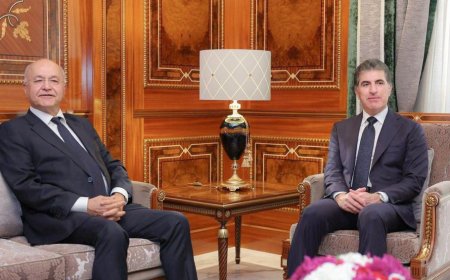








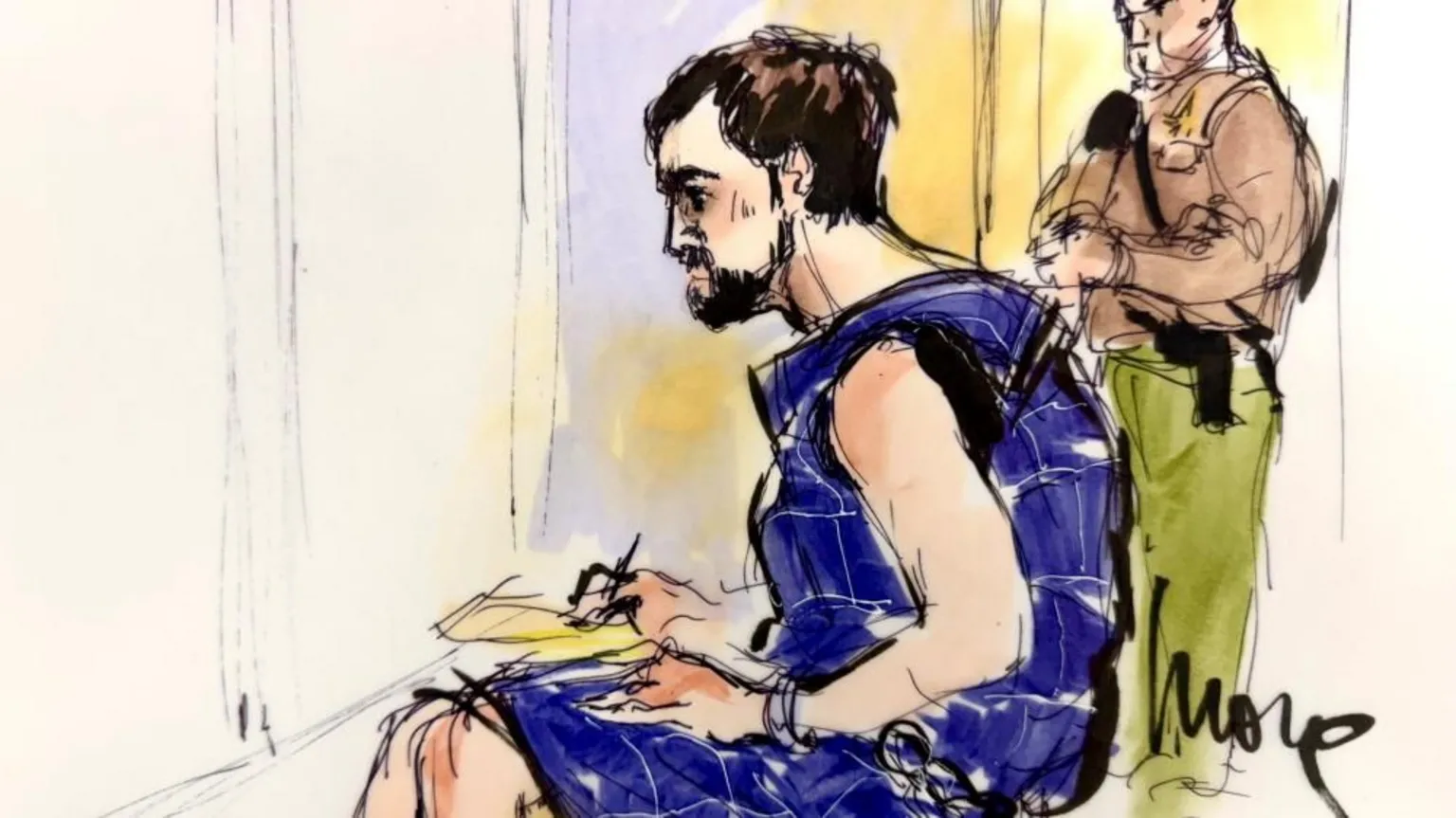


/file/attachments/orphans/rebecca-hague-mothers_864112.jpg)






